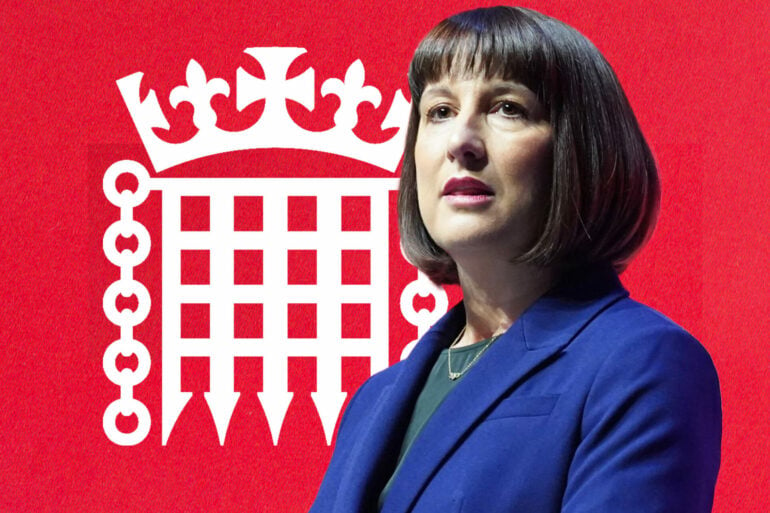Experts at NFU Mutual are predicting significant changes to inheritance tax (IHT) gift reliefs in the upcoming Budget, focusing on the multiple exemptions currently available for gifts. According to Sean McCann, a chartered financial planner at NFU Mutual, reforms could target several areas, with regular gifts out of normal expenditure likely to be a primary focus.
“Currently, if you make regular gifts there’s no restriction on how much you can give away immediately free from IHT, provided it is out of your income and doesn’t impact your normal standard of living,” said McCann. “This is likely to be in the Chancellor’s sights in the forthcoming Budget. With no upper limit, it currently allows those with high incomes to give away significant sums immediately free from IHT. Many wealthy grandparents use this to pay their grandchildren’s school fees, so the introduction of a limit or an abolishment, coupled with VAT on school fees, would be a double blow.”
Additionally, McCann highlighted the complexity of the current gifting rules, which allow multiple exemptions. He suggests that the Chancellor might replace these with a single, more substantial gifting allowance.
“An obvious way to do this would be to abolish the allowances that allow you to give away £250 each tax year to as many different people as you wish, as well as the exemptions on wedding gifts, in favour of increasing the £3,000 annual gifting allowance to £15,000,” he added. “But given the need to deliver increased revenue, how generous the Chancellor might be with the annual gifting allowance remains to be seen. This change needs to be balanced with the economic advantages of encouraging people to pass wealth down during their lifetime.”
Another potential reform under consideration could be an alteration to the ‘7-year rule’. Currently, gifts are free from IHT if the donor lives for seven years after making them. However, obtaining bank statements going back seven years can be challenging for executors.
“In 2019, the Office for Tax Simplification recommended reducing the seven-year period to five years,” McCann noted. “However, there has been speculation that the Chancellor could go the other way and increase it to 10 years, which would only serve to compound the administrative problems many executors face.”



